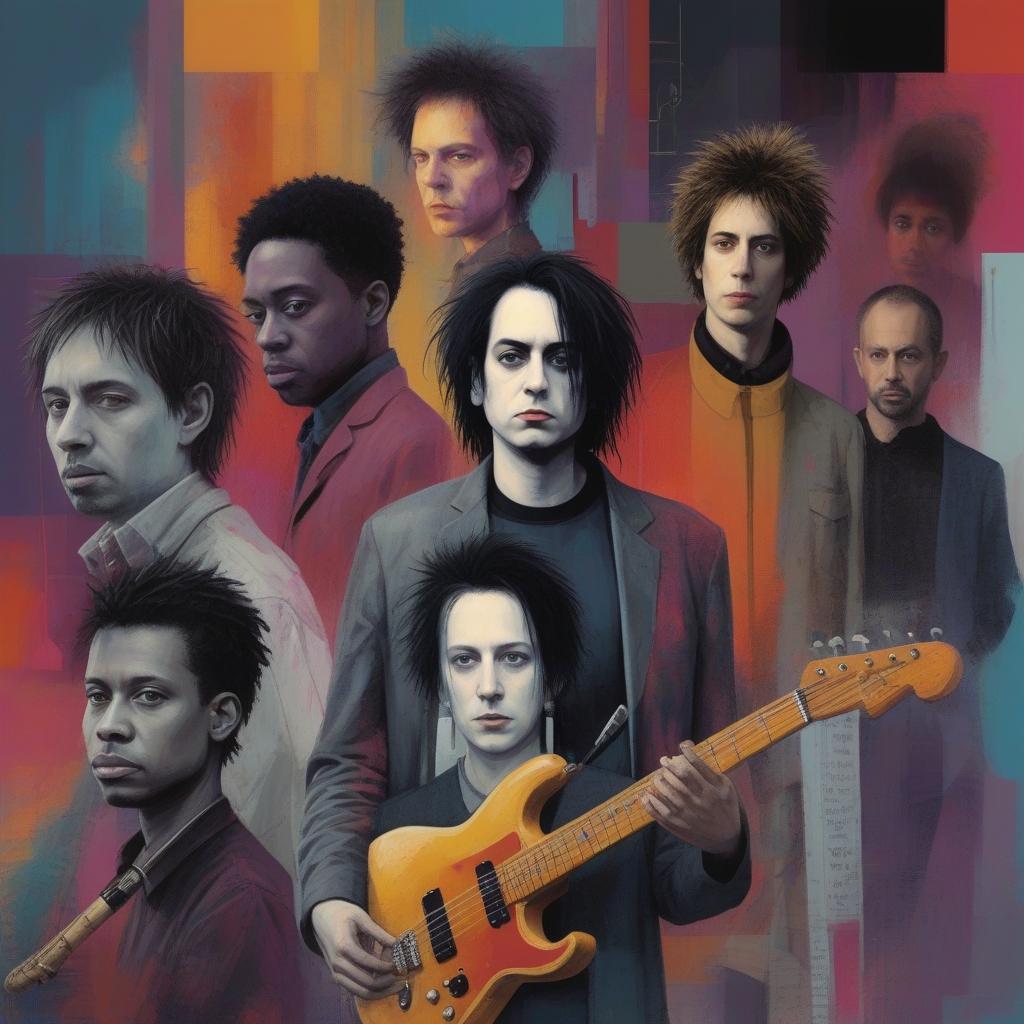Artists Stand Firm Against AI: The Battle for Creative Rights
In a rapidly evolving technological landscape, a coalition of prominent musicians and artists has come forward to voice their concerns and objections to the unlicensed use of creative work for training Artificial Intelligence (AI) models. This movement has been spearheaded by influential figures such as Radiohead, Robert Smith of The Cure, and Billy Bragg, who recently signed a public statement advocating for the protection of artistic integrity from unchecked AI exploitation.
The Growing Influence of AI in Creative Fields
Artificial Intelligence has made significant strides in recent years, particularly in the creative industries. From generating music and artwork to writing scripts and stories, AI can now produce content at an unprecedented scale and speed. While these advancements have the potential to reshape creative processes, they also pose significant ethical questions and challenges.
– **Lack of Consent:** One of the main concerns raised by artists is the use of copyrighted material without proper authorization or compensation. The music industry, in particular, is deeply affected by AI models built upon vast repositories of copyrighted songs and compositions, often scraped from the internet without permission.
– **Erosion of Attribution:** Artists argue that AI-generated content blurs the line of authorship, threatening to diminish the value and recognition attributed to original creative work.
– **Quality vs. Quantity:** Critics of AI in the creative sphere point out that while AI can generate content quickly and in large volumes, it often lacks the emotional depth, context, and nuance that human creators bring to their work.
The Artists’ Manifesto: Protecting Creative Rights
In response to these concerns, a group of musicians and industry figures have come together to draft a statement calling for transparency, consent, and compensation in the use of creative works for AI training. This initiative reflects a broader demand for ethical guidelines and regulations that uphold the rights of artists in an AI-driven world.
Key Aspects of the Statement
Outlined in the statement are several key points aimed at ensuring that the rights of artists are respected and protected:
Solidarity Among Diverse Creators
United by a shared commitment to artistic integrity, the statement has garnered support from a broad spectrum of creators across different artistic disciplines. This alliance emphasizes the universal applicability of the concerns related to AI, transcending genres and fields.
Notable Signatories
The statement’s signatories are a testament to its significance, featuring an array of respected figures in the music industry:
This collaborative effort highlights the collective resolve among artists to face the challenges posed by AI and ensure their voices are heard on this critical issue.
The Broader Implications for the Creative Industry
The use of AI in creative processes extends beyond music, impacting writers, visual artists, and filmmakers. Each of these fields faces similar challenges in safeguarding the authenticity and intellectual property of their work. As AI continues to evolve, there is a pressing need for comprehensive policies and practices that protect all facets of creativity.
Potential Solutions and Pathways
The call to action initiated by these musicians is a vital step towards prompting further dialogue and solutions:
Conclusion: A Call for Responsible AI Innovation
In an era where technology intersects increasingly with creative expression, the unity displayed by artists like Radiohead, Robert Smith, and Billy Bragg serves as a poignant reminder of the need for responsible AI innovation. Protecting creative rights isn’t just about preserving the past; it’s about ensuring a future where creativity thrives in tandem with technology.
As the dialogue surrounding AI and creativity continues to unfold, it is crucial for all stakeholders to engage in the conversation and contribute to shaping a framework that honors the transformative power of both art and technology, without compromising artistic integrity or moral responsibility. By advocating for transparency, consent, and compensation, this coalition of artists is paving the way for a future where creativity and AI can coexist, each enhancing the richness and diversity of the other.

Leave a Reply